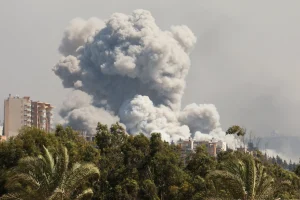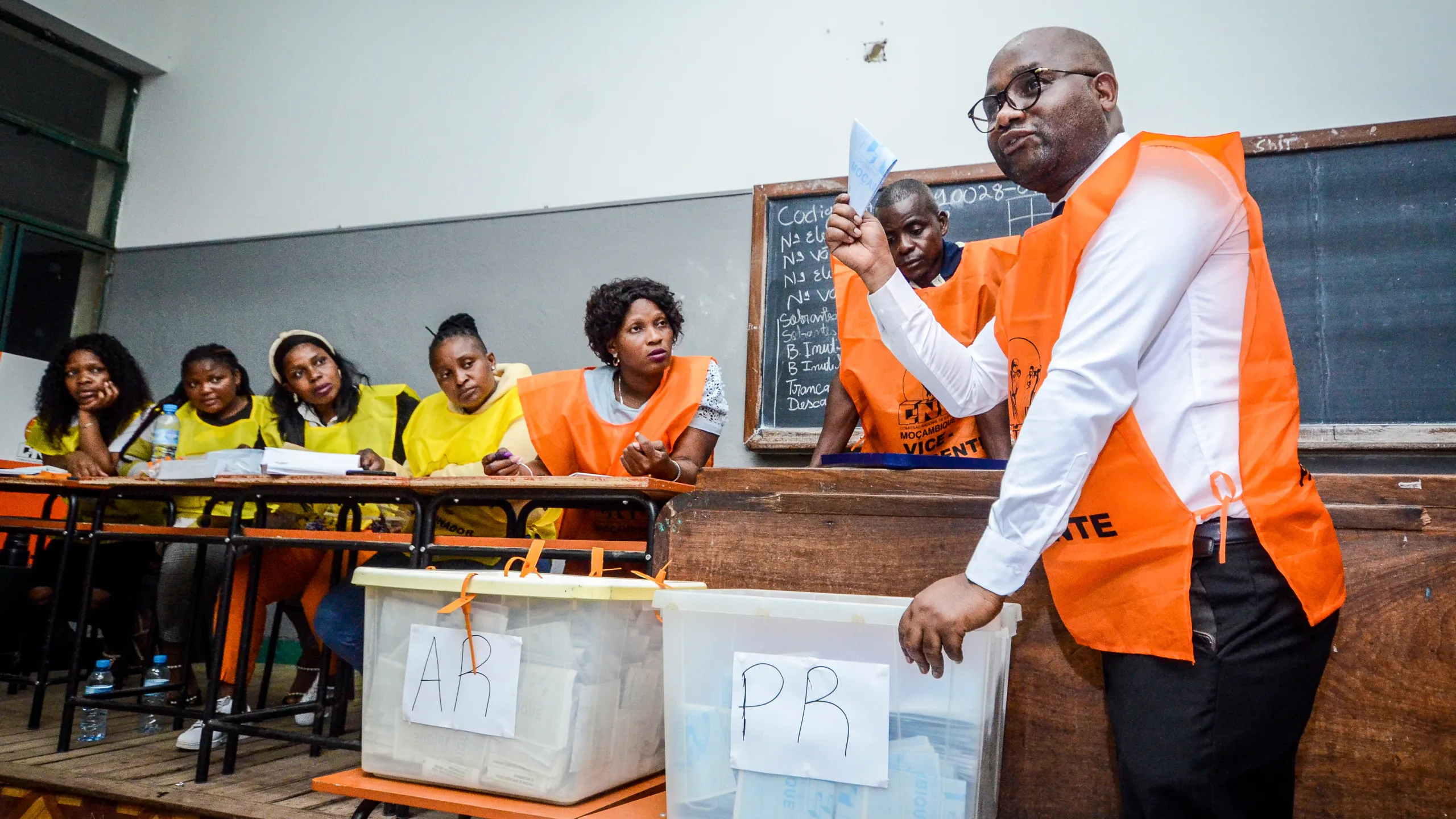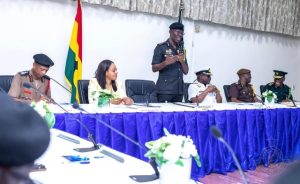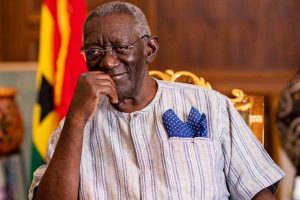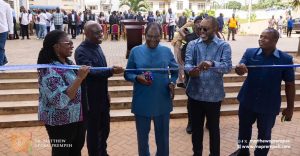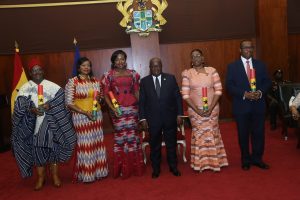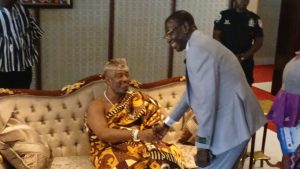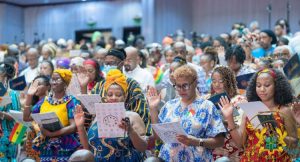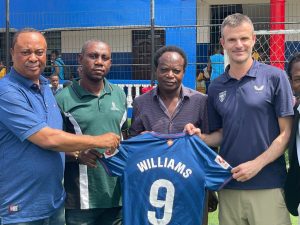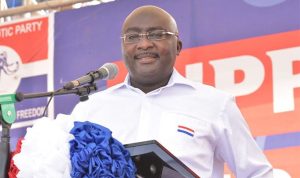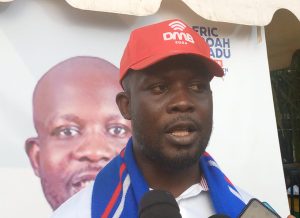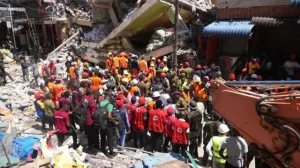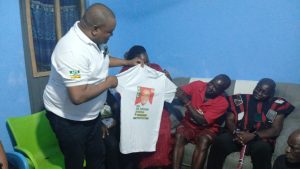Mozambique began counting votes late Wednesday in a presidential election that is expected to extend the ruling party’s 49 years in power, though the opposition was already alleging fraud and manipulation.
Independent candidate Venancio Mondlane, a newcomer to national politics, posed the biggest challenge to the governing party’s candidate, Daniel Chapo.
Mondlane and the two other challengers raised concerns over the election’s fairness, claiming among other things that ballot boxes had been unsealed before voting ended and that some of their delegates were denied accreditation to monitor the voting.
The governing Front for the Liberation of Mozambique, or Frelimo, has routinely denied that it rigs elections following allegations of tampering in previous votes. The leftist former liberation movement has been in power in the southern African country since independence from Portugal in 1975.
Chapo, 47, seeks to succeed President Filipe Nyusi, who has served a maximum of two terms.
But the 50-year-old Mondlane has invigorated disaffected youth in a country blessed with rich natural resources but weighed down by instability, climate shocks and unemployment.
People also voted for the makeup of Parliament and for provincial governors in the country of around 33 million people that still bears the scars of a 15-year civil war that ended in 1992, and more recently has been shaken by an ongoing violent jihadi insurgency in the north.
Ending that seven-year insurgency and bringing stability to Cabo Delgado province, where a multibillion-dollar natural gas project has stalled because of the violence, is a pledge by both leading candidates.
Counting began soon after polls closed during the early evening of the one-day election. The full results must be delivered to the Constitutional Council within 15 days of polls closing to be validated and formally declared. Around 17 million people are registered to vote.
Frelimo effectively established a one-party state following independence and fought a civil war against the rebel Mozambique National Resistance, or Renamo, for a decade and a half. The country held its first elections in 1994, two years after a peace agreement.
Renamo is contesting this election and party leader Ossufo Momade, a military commander in the civil war, is its candidate for president. The peace between Frelimo and Renamo has been fragile, with an outbreak of more fighting in 2013. Momade and outgoing President Nyusi signed another peace deal in 2019.
Tensions remain, although the AU has said that this is the first election in Mozambique without the presence of armed groups connected to political parties after a successful process to disarm Renamo militias.
The fourth candidate for president is Lutero Simango of the Mozambique Democratic Movement, who is viewed as an outsider.
Frelimo was declared the winner with more than 70% of the vote in an election five years ago.
Chapo, a law professor, was the governor of southern Inhambane province — Mozambique’s flagship tourism region — before winning an internal party vote in May to become Frelimo’s presidential candidate.
Chapo would be Mozambique’s first leader born after independence if he won.
